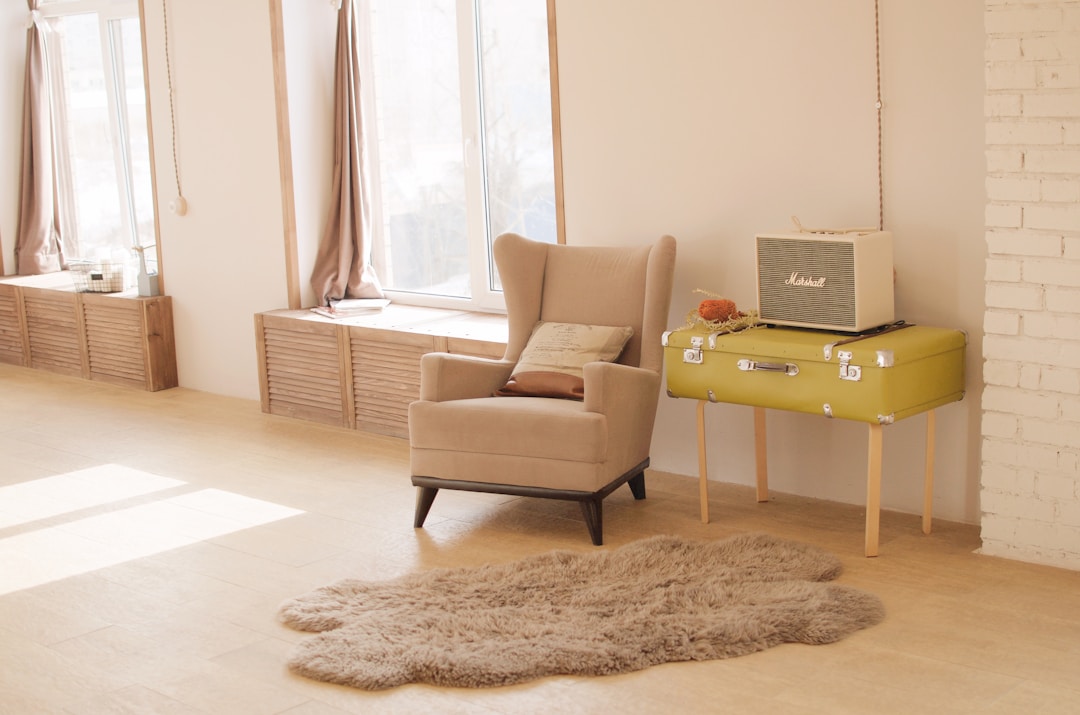Dealing with asthma can be stressful. There is a lot of proper care that not only needs to be taken for your personal health, but also to create an environment that does not trigger an attack. The same goes for people with allergies to things like dust mites or pollen, looking to avoid a severe allergic reaction. That’s why it is important to consider the indoor air quality of your home to make sure that the place where you lay your head at night isn’t trying to compromise your health.
Reducing Symptoms

It can be a struggle when a loved one in the home has to live with allergies or asthma, but that’s why it is important to do what you can to avoid invoking allergy and asthma symptoms. One of the most common causes of this misery comes from your air ducts. Dirt and dust that can garner in air filters can end up spreading throughout your household. It is important to regularly clean your filters, as well as replace them seasonally.
Dust mites can aggravate allergy symptoms from sneezing and a runny nose to coughing and struggles with breathing. Mites thrive in furniture, carpets, and bedding, so it is important to vacuum regularly and replace bedding to put limits on this asthma trigger. The same goes for pet allergies. People with pet allergies are usually allergic to proteins in urine, saliva, or dander. This can collect on many surfaces, including carpets and fabric furniture. Deep cleaning of the home is needed on a regular basis to avoid letting those allergens cling to walls and other fixtures in the home.
Removing Dangerous Airborne Contaminants

Homeowners may find themselves investing in air scrubbers to remove dangerous contaminants from the air, like cigarette smoke and mold. Going this route is basically a matter of determining what your target audience wants and needs, and figuring out what irritants are constantly aggravating symptoms, and sending your loved ones running to grab an inhaler or antihistamines.
Cross ventilation is important in helping to eliminate the toxins in cigarette smoke. Open up the airways of the home by opening up windows and doors to bring in some outdoor air to help improve the quality of the air indoors. Mold can be found near sinks and other bathroom fixtures, as well as near water leaks. It can also find a breeding ground within damp and humid areas like basements. Consider the kind of people in your home, based on age group, that can be even more impacted by something like a pre-existing condition.
Removing Odors

How many times have you found yourself sitting at home thinking, What’s that smell? Lingering odors not only spent a lot of time seeping into your air space, but they can actually be possible allergy triggers. Those who deal with asthma and allergies may experience watery eyes or a scratchy throat brought on by the allergens. Air scrubbers are designed to not only cleanse the air but remove those lingering odors.
Much like getting rid of cigarette smoke, cross ventilation does an excellent job of getting rid of those scents that trigger allergy symptoms or asthma symptoms. While there is much that you can do like consistent cleaning and the use of an air scrubber, outdoor air can have the easiest and quickest impact on indoor air quality. For asthma patients, it is important to monitor outdoor air levels for high counts of pollen that may set off a reaction. Planning outdoor activities, even just going for a walk, to help clear airways when you feel as though you need more than a HEPA filter to clear up.





